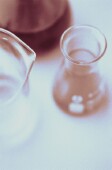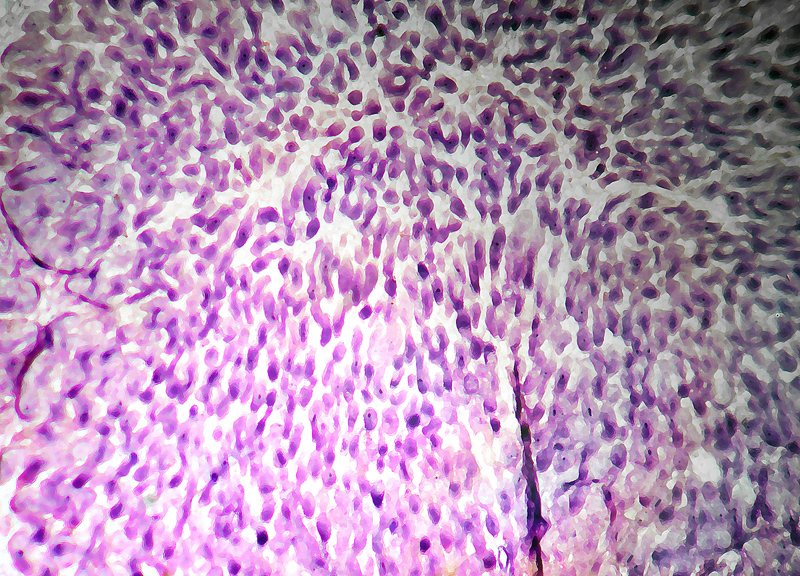
THURSDAY, April 7 (HealthDay News) — A gene that helps bacteria resist nearly all antibiotics is present in bacteria in public water supplies in New Delhi, India, researchers have found.
The investigators are especially concerned because the New Delhi metallo-beta-lactamase (NDM) 1 gene has been detected in bacteria that cause cholera and dysentery.
NDM-1 now appears to be widespread in the environment and that points to the critical need for action to limit the global spread of NDM-1-producing bacteria, said Timothy Walsh, of Cardiff University in the United Kingdom, and colleagues.
The study authors tested the public water supply — which is used for drinking, washing and food preparation — by collecting samples from community waste seepage (pools that formed in public areas) and tap water in urban New Delhi. They found the NDM-1 gene in 51 of 171 seepage samples and two of 50 drinking-water samples. The gene was found in 14 different species of bacteria, including 11 species in which NDM-1 had not previously been known.
The study is published in the April 7 online edition of The Lancet Infectious Diseases.
“The potential for wider international spread of plasmids encoding NDM-1 is real and should not be ignored . . . coordinated, concrete and collective efforts are needed, initially to limit their widespread dissemination, and finally to combat this emerging threatening resistance problem,” Mohd Shahid, of Jawaharlal Nehru Medical College and Hospital in Uttar Pradesh, India, wrote in an accompanying commentary.
More information
The U.S. Food and Drug Administration has more about antibiotic resistance.

